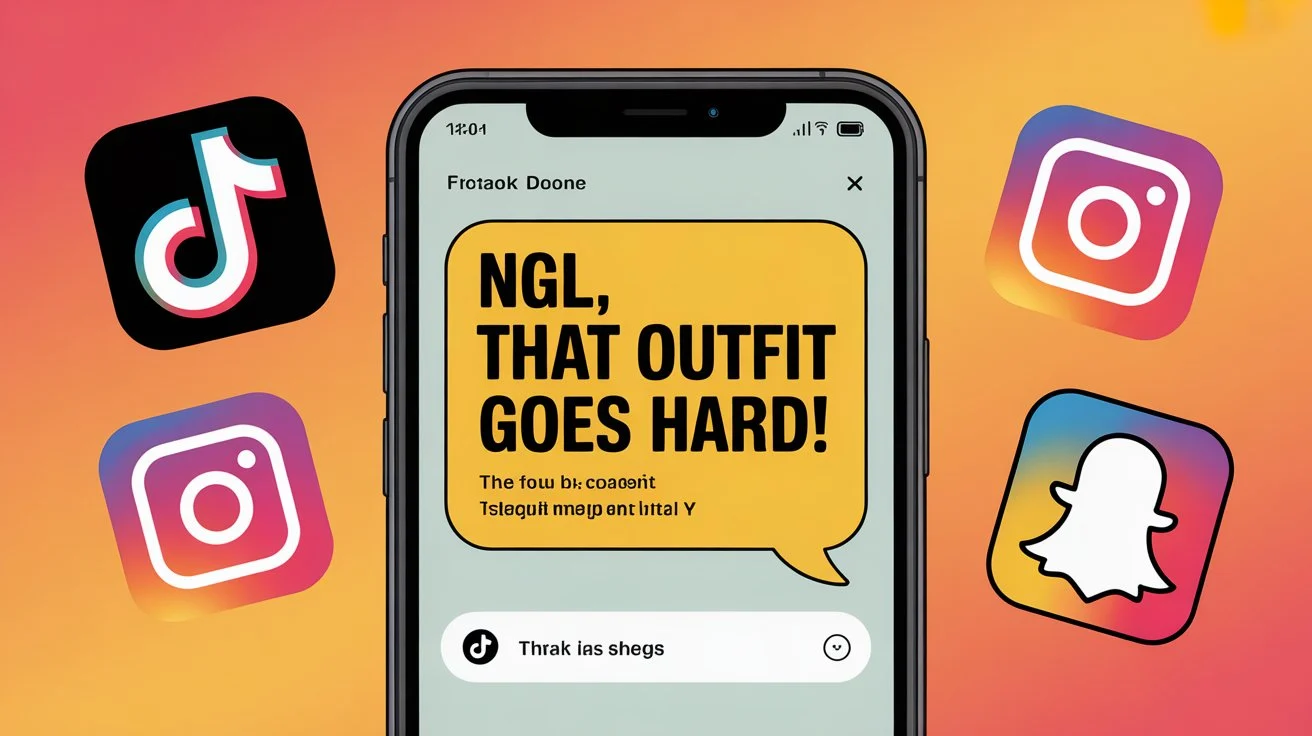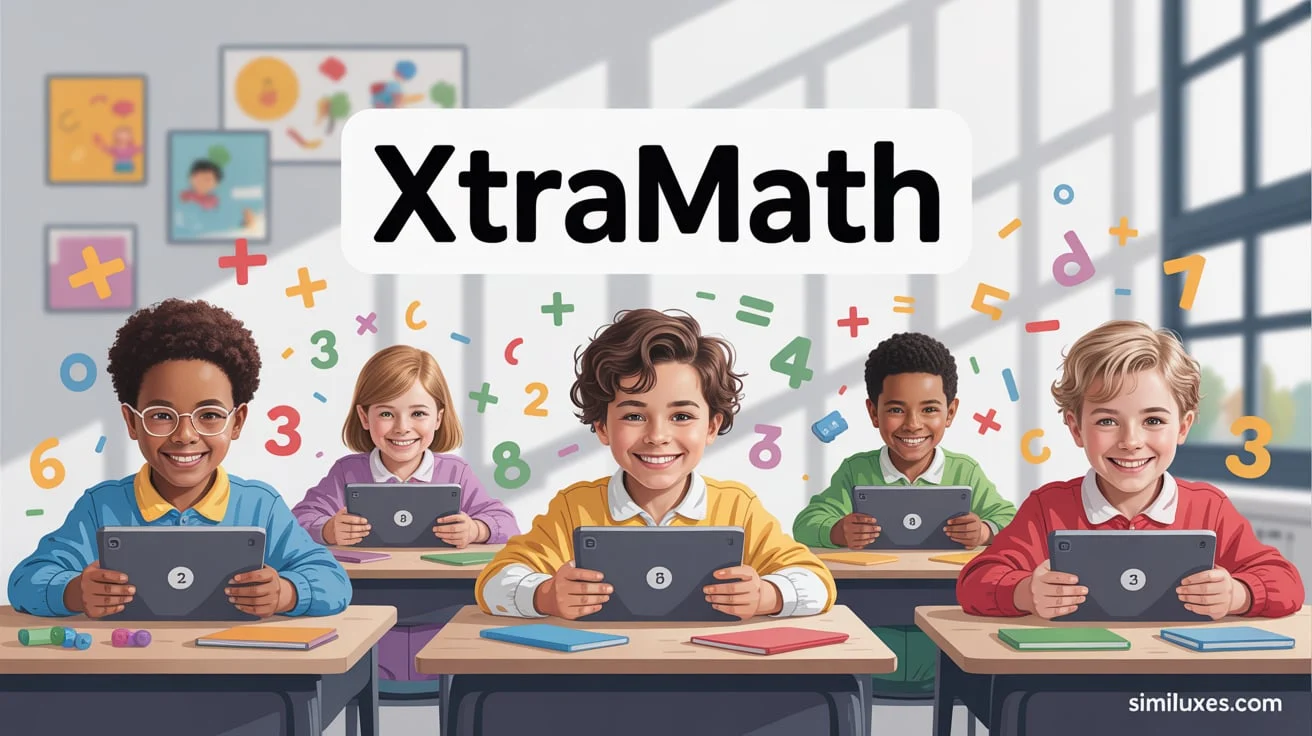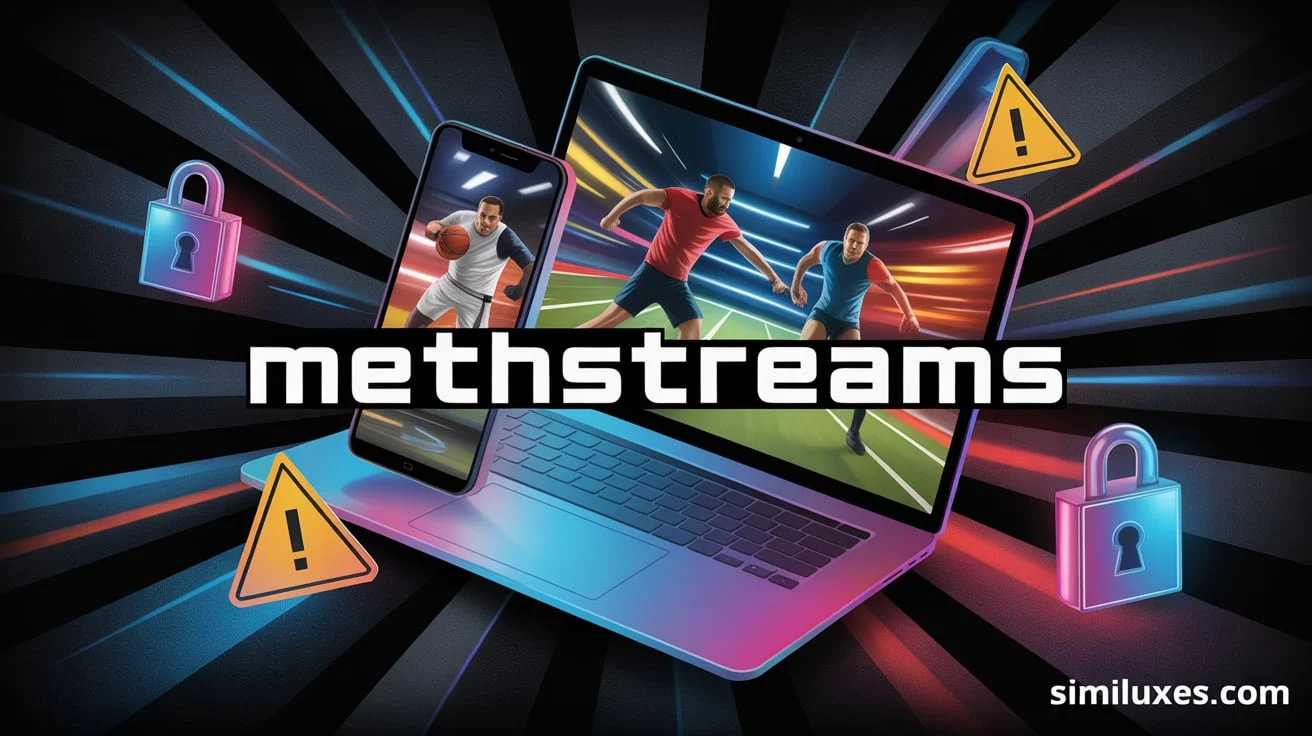Ever scrolled through Instagram, TikTok, or Snapchat and seen someone start a sentence with “NGL…”?
It’s one of those short forms that seem to pop up everywhere — from comments to DMs to memes. But what does NGL actually mean, and why do people use it so often?
Let’s decode the real meaning behind this viral internet phrase and explore how it shapes the way we express honesty and emotion in online conversations. 👀
🧠 Definition & Meaning
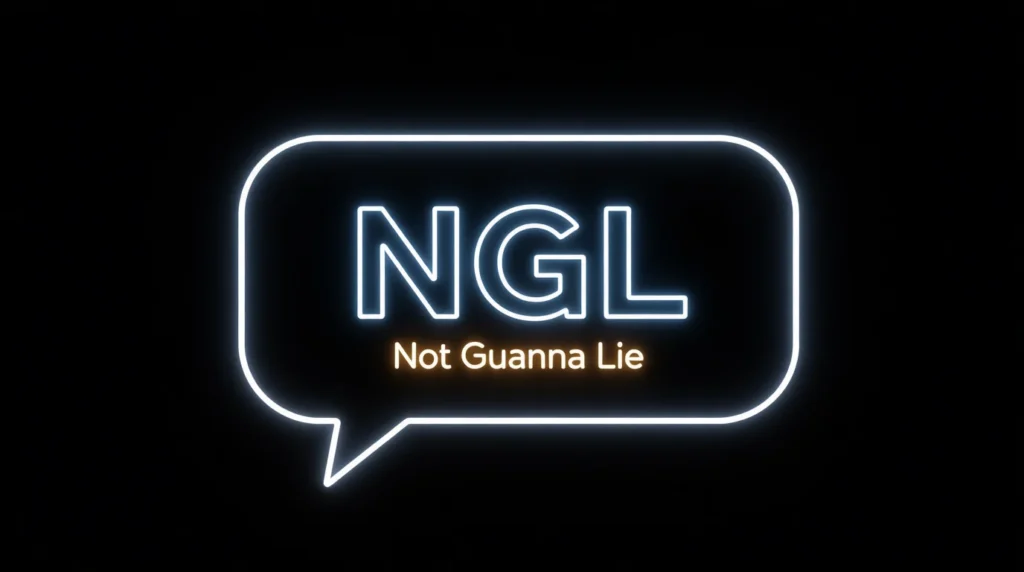
NGL stands for “Not Gonna Lie.”
It’s a casual way of introducing a statement that might be honest, blunt, or slightly controversial. People use it to sound more genuine or emphasize that what they’re saying is real — even if it’s funny, awkward, or brutally honest.
👉 Example:
- “NGL, that outfit goes hard!”
- “NGL, I didn’t like that movie.”
In short, NGL softens direct honesty — making truth-telling sound more chill and conversational.
📜 Background & Origin
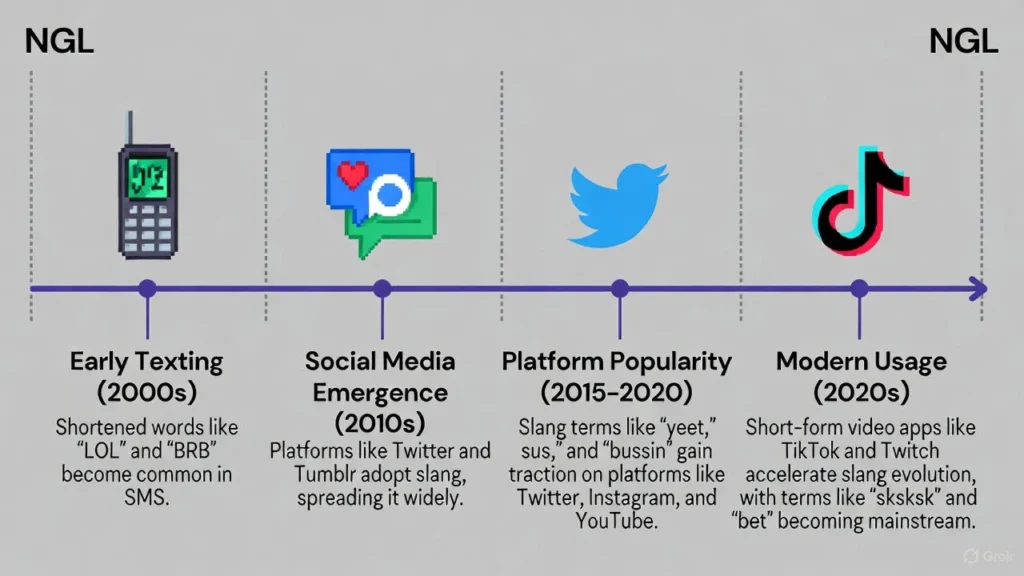
The phrase “Not Gonna Lie” has existed in spoken English for decades. But it gained internet fame in the late 2000s as texting and online chats became mainstream.
By around 2010, “NGL” started trending on Twitter and Tumblr, later becoming a staple of TikTok captions and meme culture.
It also spawned variations like “TBH” (To Be Honest) and “FR” (For Real) — all part of a growing trend of digital honesty and emotional transparency.
💬 Usage in Various Contexts
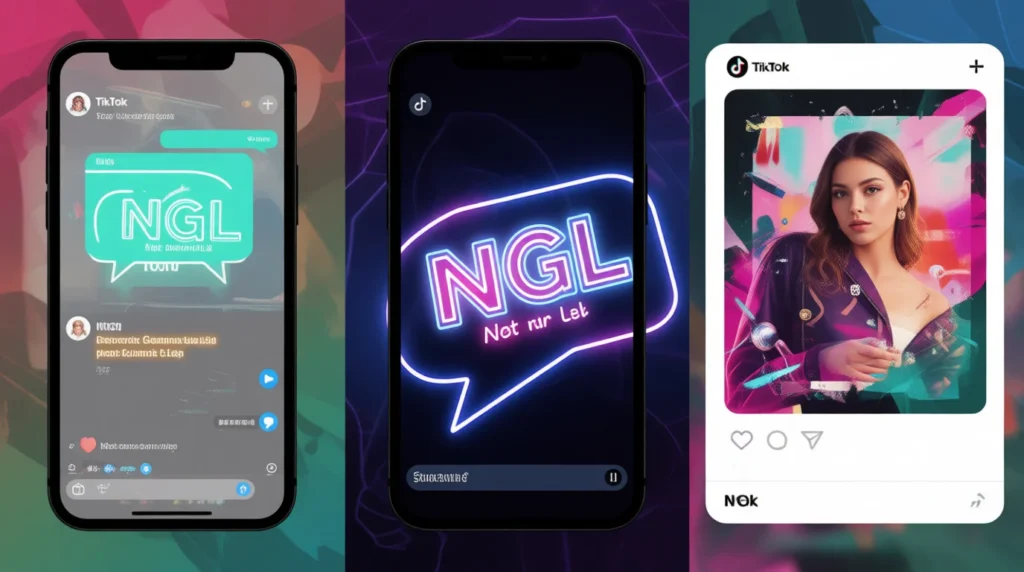
NGL is incredibly flexible. Here’s how it shows up across different platforms:
| Platform | Common Use | Example |
|---|---|---|
| Texting | Honest opinions | “NGL, I miss you.” |
| TikTok | Reactions to videos | “NGL, this had me crying 😂” |
| Captions or stories | “NGL, that filter is doing too much.” | |
| Twitter/X | Hot takes or confessions | “NGL, pineapple on pizza is elite.” |
It works both for serious admissions and light-hearted remarks — depending on tone and context.
⚠️ Common Misconceptions
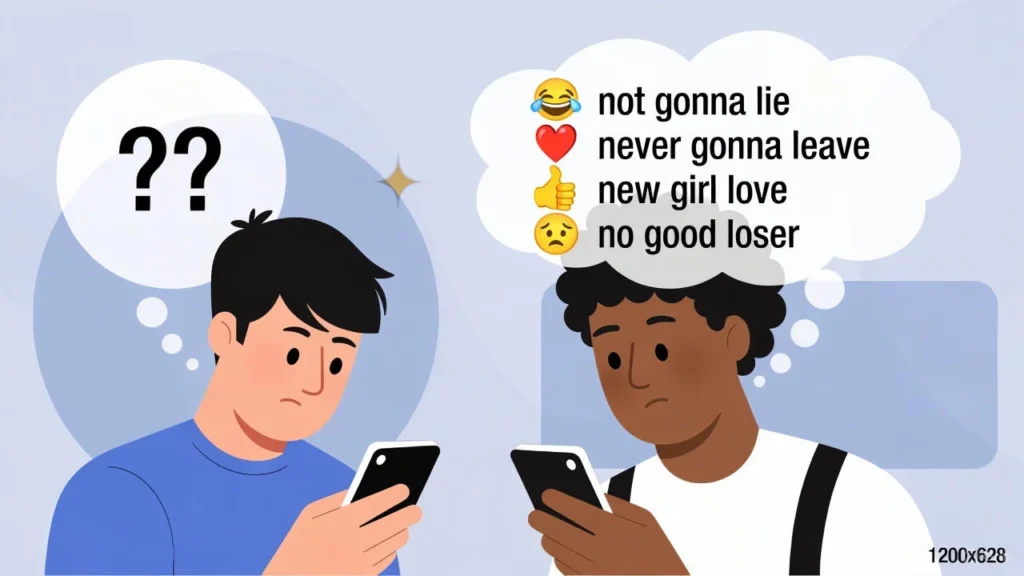
- It’s not always negative.
Saying “NGL” doesn’t mean you’re criticizing something — it can express admiration too. - It’s not formal.
Avoid using it in emails or professional communication. - It doesn’t always imply deep honesty.
Sometimes it’s used humorously or sarcastically, like:
“NGL, Mondays are the worst 😩.”
🧩 Similar Terms & Alternatives
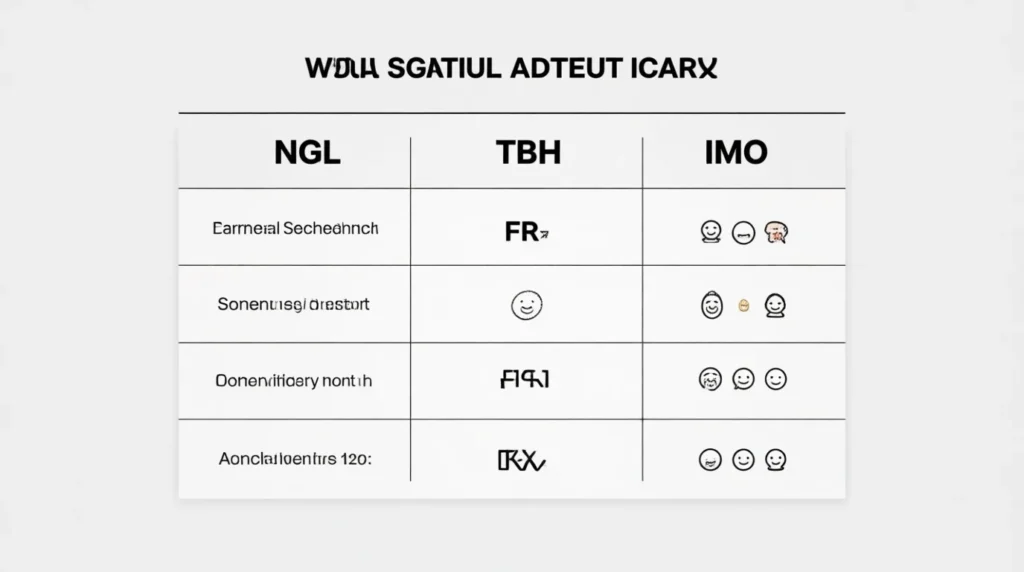
| Term | Meaning | Use Case |
|---|---|---|
| TBH | To Be Honest | Slightly more formal honesty |
| FR | For Real | Adds emphasis or agreement |
| IDK | I Don’t Know | Neutral response |
| IMO/IMHO | In My (Humble) Opinion | Softer opinion-sharing |
🌍 Regional & Cultural Differences
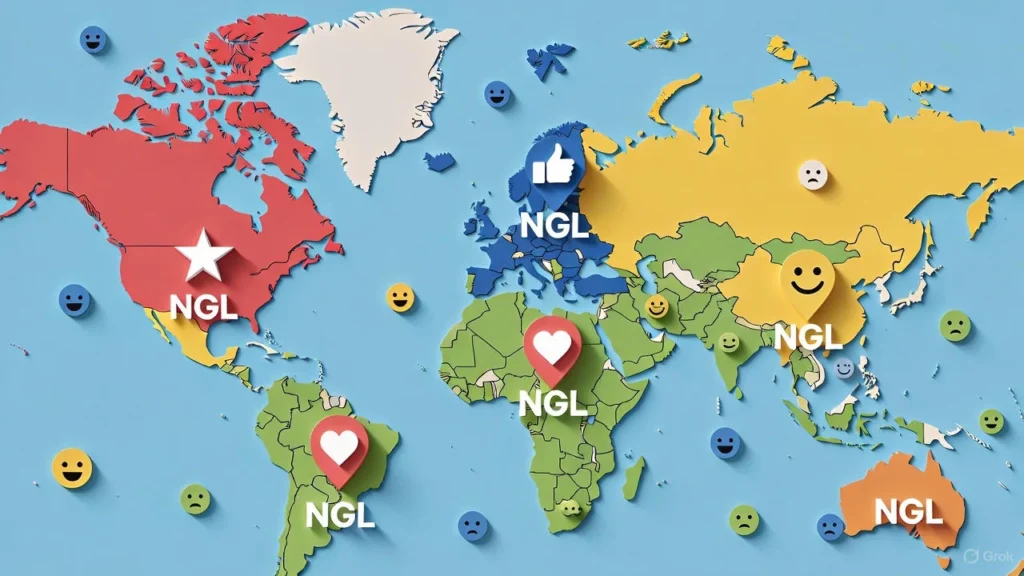
While NGL is globally understood, its tone can shift by region:
- In the U.S. and UK, it’s seen as casual honesty.
- In Asia or Latin America, it’s often adopted by younger audiences influenced by Western social media slang.
- In online fandoms, it’s used for emotional statements — like “NGL, this scene broke me 😭.”
💌 How to Respond to “NGL”
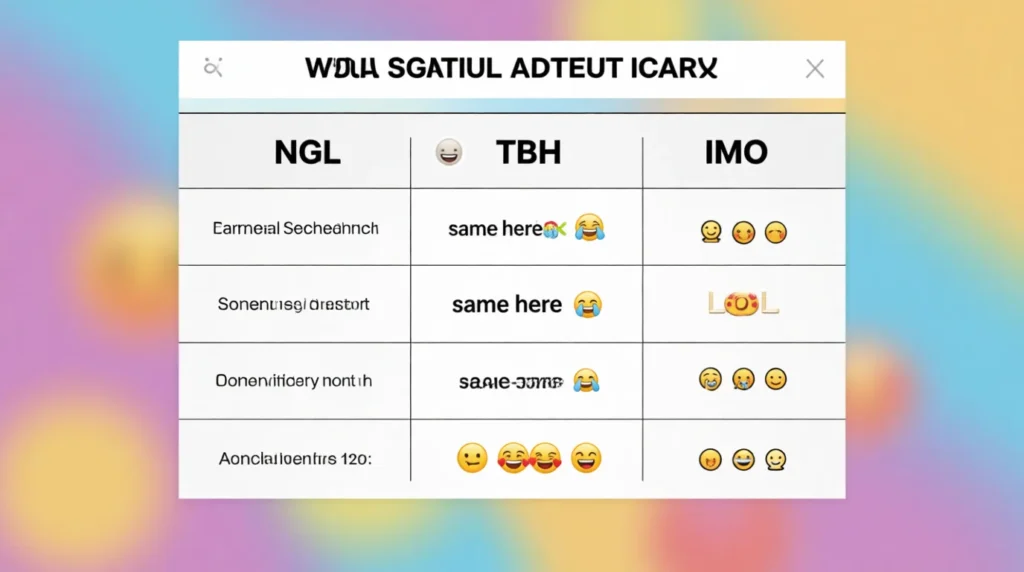
Depending on context:
- Agree or relate: “FR! Same here 😭”
- Ask for more: “NGL about what?”
- Playful tone: “Haha NGL, that was unexpected!”
🚫 Suitability for Professional Communication
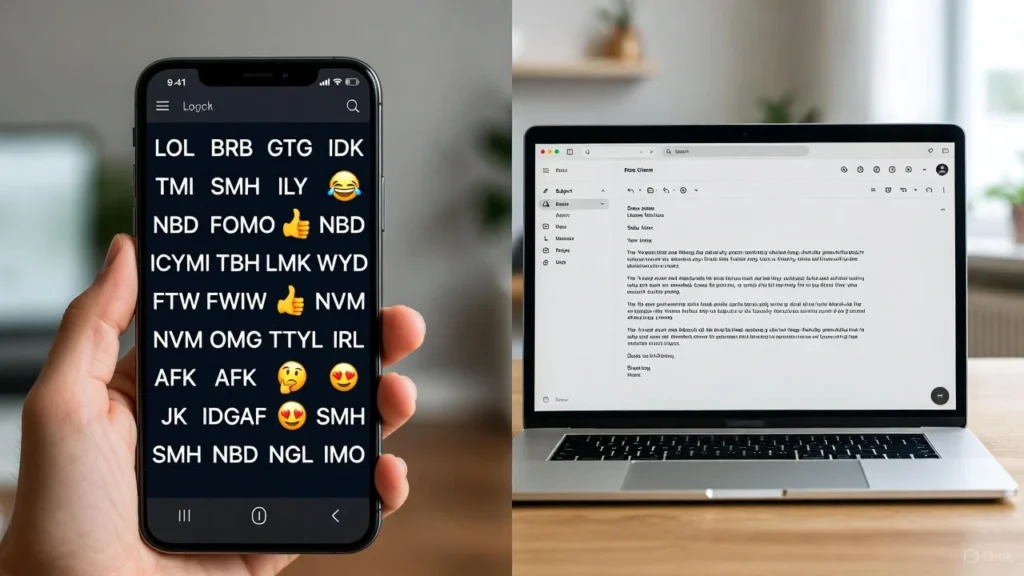
Avoid using NGL in emails, resumes, or business chats. It’s considered too informal for professional contexts. Instead, say:
- “To be honest…”
- “Frankly speaking…”
- “In my opinion…”
🧠 FAQs
1. Is NGL rude?
Not really — it depends on tone. It can be blunt but not inherently rude.
2. Can I use NGL in school essays?
No, it’s too informal for academic or professional writing.
3. What’s the difference between NGL and TBH?
They’re similar, but NGL feels more casual and conversational.
4. Who uses NGL the most?
Mostly Gen Z and millennials active on social media.
5. Does NGL have any hidden meaning?
No hidden or offensive meaning — it’s simply shorthand for honesty.
🏁 Conclusion
In today’s digital age, NGL perfectly captures how we balance truth and tone online.
It’s a phrase that lets people express honesty — without sounding too harsh or emotional.
If you’re texting a friend or reacting to a meme, dropping an “NGL” makes your message sound authentic, relatable, and human.

